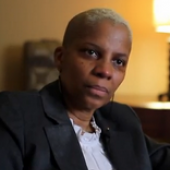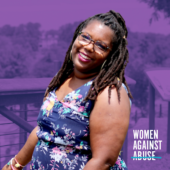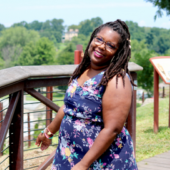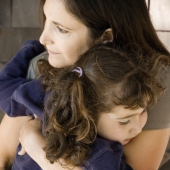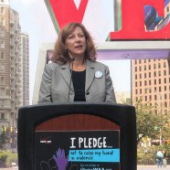Internet Safety
Technological advances have allowed intimate partner violence to take new forms, including access to private information, control over online accounts, and the use of electronic devices to track one’s whereabouts.
If you are seeking information about domestic violence and ways to get help, it is possible your partner can track this information.
It is vital to protect your online activities and understand the ways in which technology may compromise your safety.
Your online activity can be monitored through a number of ways, including spyware, hacking, and keystroke loggers. Even if you are careful about deleting your browser history, it is still possible for someone to gather information about what you are doing with your computer. Whether or not someone has direct access to your computer, it is still possible for them to remotely hack into your computer.
Please review the following tips and information from the National Network to End Domestic Violence:
- If you think your activities are being monitored, they probably are. Abusive people are often controlling and want to know your every move. You don’t need to be a computer programmer or have special skills to monitor someone’s computer and Internet activities—anyone can do it and there are many ways to monitor with programs like Spyware, keystroke loggers and hacking tools.
- It is not possible to delete or clear all the “footprints” of your computer or online activities. If you are being monitored, it may be dangerous to change your computer behaviors such as suddenly deleting your entire Internet history if that is not your regular habit.
- If you think you may be monitored on your home computer, be careful how you use your computer since an abuser might become suspicious. You may want to keep using the monitored computer for innocuous activities, like looking up the weather. Use a safer computer to research an escape plan, look for new jobs or apartments, bus tickets, or ask for help.
- Email and Instant/Text Messaging (IM) are not safe or confidential ways to talk to someone about the danger or abuse in your life. If possible, please call a hotline instead. If you use email or IM, please use a safer computer and an account your abuser does not know about.
- Computers can store a lot of private information about what you look at via the Internet, the emails and instant messages you send, internet-based phone and IP-TTY calls you make, web-based purchases and banking, and many other activities.
- It might be safer to use a computer in a public library, at a trusted friend’s house, or an Internet Café.
The above information is taken from the National Network to End Domestic Violence, Internet and Computer Safety page.
In addition, learn about Facebook safety with the Privacy and Safety on Facebook guide from the National Network to End Domestic Violence!
If you would like to speak to a trained counselor about domestic violence, please call the 24/7 Philadelphia Domestic Violence Hotline at 1-866-723-3014.
We offer free, anonymous counseling, safety planning, and referrals.


